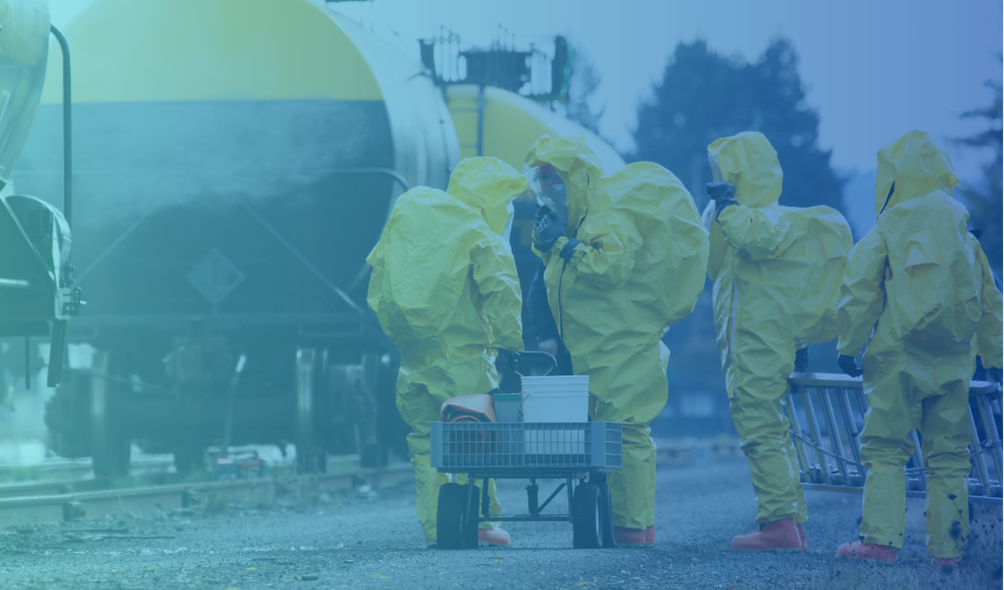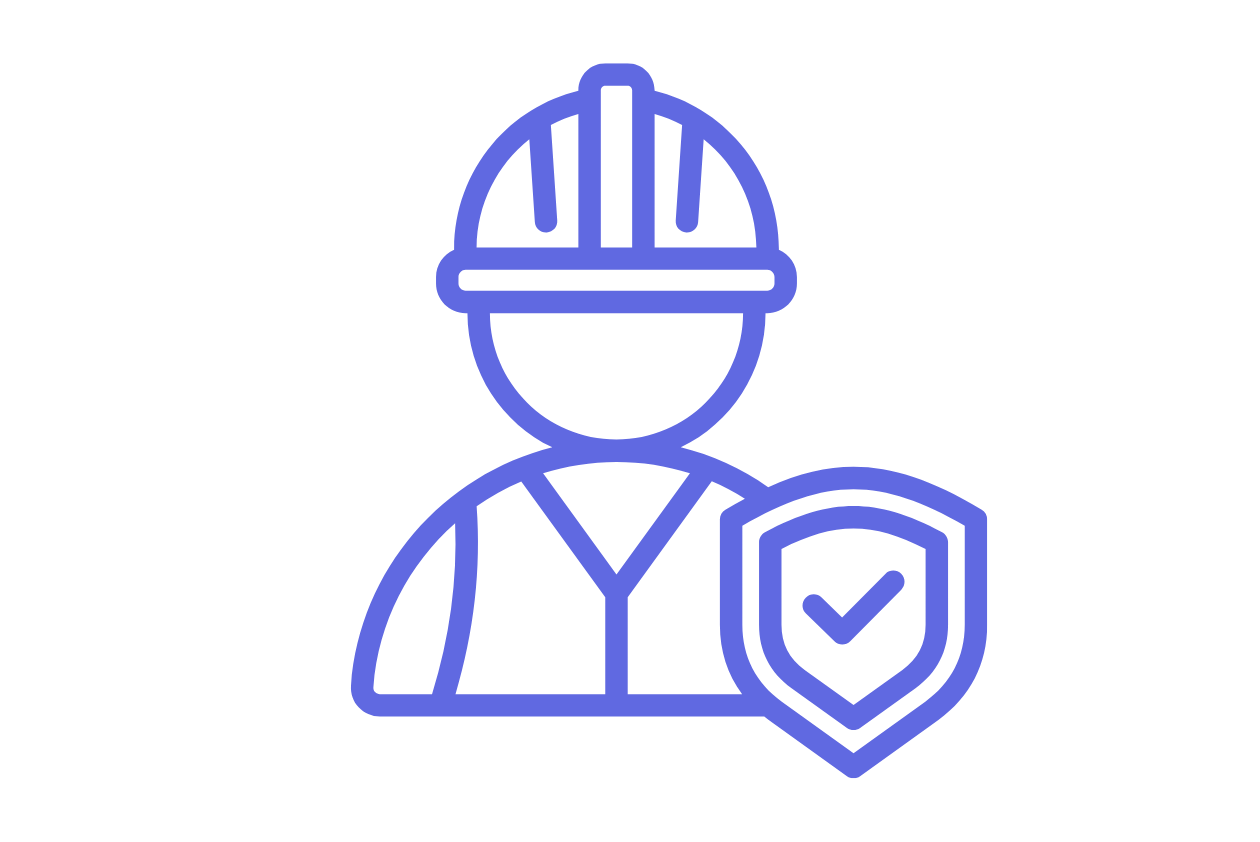Keep intruders out: strengthen your company’s physical security
Cybercrime often takes centre stage these days. But while digital firewalls are being fortified, physical gates are sometimes left wide open. As a food producer, your responsibility goes beyond servers and systems.
Your consumers, employees, and products deserve the highest level of protection to ensure food safety – both digital and physical. It is high time the food industry paid more attention to those physical barriers.
- How to protect your company from physical intrusion?
- What procedures should be in place, both on paper and in practice?
- Who will take the lead?
In February 2021, Germany was shaken by a series of bomb packages targeting a baby food producer, a soft drink producer, and a retail company.
Two of the packages exploded, injuring several employees. Emergency services were deployed en masse: police, fire brigade, civil protection, and ambulances worked together to prevent further damage.
The perpetrator turned out to be a retired individual with no criminal record. Although his motive remained unknown, food companies can learn a lesson from this incident: physical security measures in the food industry still require just as much attention and care.
This event shows the importance of being prepared for unexpected and deliberate threats. A wake-up call for your Food Defense.
Our three tips:
Give physical security the attention it deserves
While cybercrime may dominate the headlines, physical security remains a critical cornerstone of your company’s security.
Servers are often housed in physical spaces on company premises, and OT systems rely on electricity… A single cut cable can bring entire operations to a standstill.
Moreover, as a company, you are responsible for the safety of your employees, consumers, and products.
Develop a Food Defence plan
Physical security should be an integral part of a comprehensive Food Defence plan. Identify vulnerable areas such as laboratories, chemical storage facilities, and sensitive production lines. Implement controlled access measures, such as badge readers and fencing.
Do not overlook insider threat — risks originating within your organisation. Disgruntled (former) employees or staff in vulnerable positions often have knowledge of internal systems, posing significant risks.
Assemble a Food Defence team with internal experts, supported by management. This fosters broad support and paves the way for a well-thought-out plan. External specialists can assist in identifying blind spots and strengthening your strategy.
Bring your safety culture to life
Your company is only as strong as the weakest link. Strong physical security alone is not sufficient. Without awareness and engagement from your employees, even the best security measures remain vulnerable.
Every employee plays a crucial role in the effectiveness of your physical security. It starts with clear guidelines, but the real difference comes from well-trained people — from the shop floor to management. Only then can you build a safety culture that truly works.
How can we help?
Do you want to strengthen security and build a Food Defence culture in your organisation?
👉 Join our Crime & Security session
On 17 December, we are hosting our final Crime & Security session, ‘Prevention and Detection of Crime’, with expert Paul Robrechts (RST consultancy). This session will focus on practical tips and insights tailored to the food industry.
We warmly invite you to attend and look forward to hearing your experiences.
👉 Take the first steps towards a stronger Food Defence culture today!
We’re here to help with:
- A practical Food Defence workshop tailored to your team.
- Our Quick Security Scan to evaluate your company’s physical security measures.
- An intrusion test to assess your employees’ awareness and safety culture.
👉 Any questions or in need of immediate advice?
We are your trusted partner for all security-related challenges in the food industry. Contact us at contact@foodsecurity.com.
Learning points

The crisis as the new normal
For an increasing number of Belgian food companies, crises are no longer the exception, but the new normal. The days when a crisis was a clearly defined incident, are far behind...

6 lessons from our Lunch & Learn “Sensitive Consumer Complaints”
During our Lunch & Learn “Sensitive Consumer Complaints,” experts and companies provided insights into how to effectively handle challenging complaints. You can find...

Crisis communication: is keeping silent an option?
The right communication can nip an escalating crisis in the bud, but if you make a mistake you risk aggravating the crisis even more. Is it sometimes better not to communicate a...




